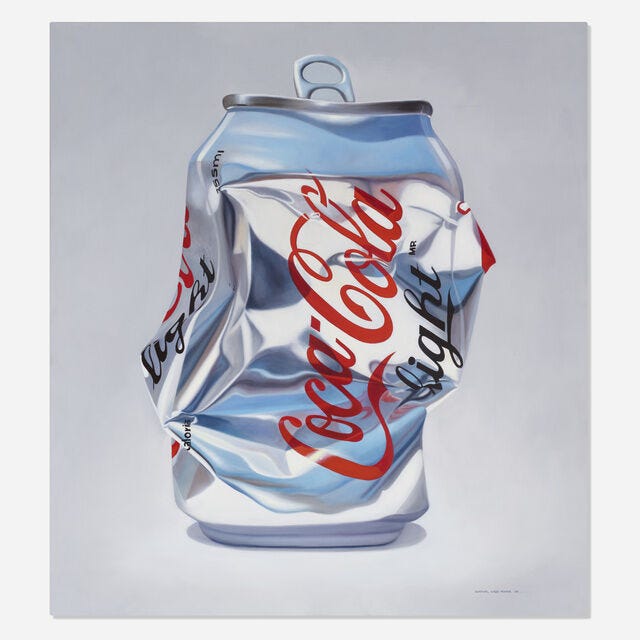Consumer Politics
Neoliberalism doesn’t just deregulate markets; it produces subjects who internalize market logic as the framework for all decision-making. Buying a Tesla or posting on "ethical" platforms becomes recast as a moral act. This creates what Mark Fisher called capitalist realism—the sense that no alternative to market-driven "solutions" exists. When activism is reduced to brand allegiances (Bluesky vs. X), dissent is neutered into a lifestyle aesthetic, not a threat to structures.
The epitome of this malaise reflects progressive neoliberalism: the fusion of market-friendly policies (e.g., privatization, corporate partnerships) with symbolic cultural progressivism (pride flags, performative solidarity). This creates a simulacrum of politics. Empty signifiers of pride flags on military vehicles, Black Lives Matter logos on cruisers—symbols divorced from material change (better policing practices, universal healthcare, labor rights).
In this policy vacuum, the US Democrats often prioritize donor-class interests (pharma lobbies blocking access to medicines, tech giants shaping antitrust evasion) while offering marginalized groups representation without redistribution.
Consumer citizenship frames voting as a "purchase" of the "lesser evil," mirroring the logic of ethical consumption. This depoliticizes structural critique (e.g., "Vote Blue no matter who!") and leaves few to question the two-party duopoly.
The Democratic Party’s branding as "progressive" relies on Pierre Bourdieu’s notion of symbolic capital—leveraging cultural gestures to accumulate political legitimacy while avoiding class confrontation. This performativity embodies the logic of "woke capitalism"—corporations and politicians alike profit from progressive aesthetics to cover up exploitation.
Tribal consumerism (Audi vs. Tesla, Blue Sky vs. X) reflects a political industrial logic, where even dissent is commodified. Social justice slogans become Instagram hashtags; radical movements are sanitized into marketable trends (e.g., Che Guevara T-shirts). This form of depoliticized solidarity may install a sense of short-term gratification, but the act is inconsequential. Voting with your dollar or changing your profile picture substitutes for collective action. Neoliberalism individualizes structural crises (e.g., remember to recycle your Coca Cola Light cans).
Consumer politics manufactures a "choice" frame, but in reality, traps us in "cruel optimism"—the false belief that consumer choices can solve crises engineered by capital. It decenters collective struggle (strikes, mutual aid, mass mobilization) and translates it into individual consumption.




